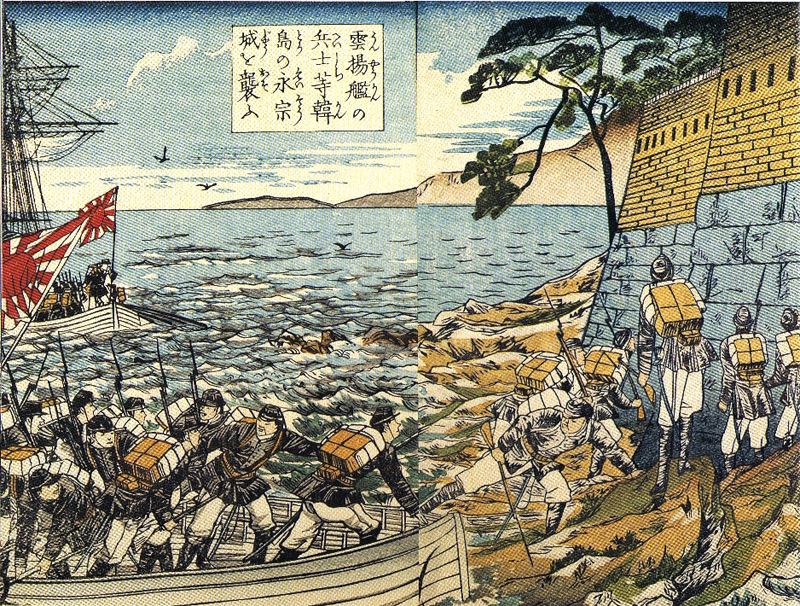
Korea Under Japanese Rule
Imperial Japan severely diminished the influence of China over Korea in the First Sino-Japanese War (1894–95), ushering in the short-lived Korean Empire.[72] A decade later,

Imperial Japan severely diminished the influence of China over Korea in the First Sino-Japanese War (1894–95), ushering in the short-lived Korean Empire.[72] A decade later,
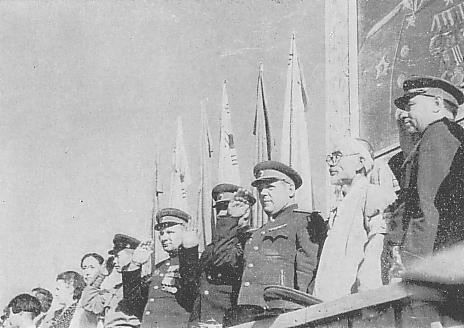
The division of Korea began with the defeat of Japan in World War II. During the war, the Allied leaders considered the question of Korea’s
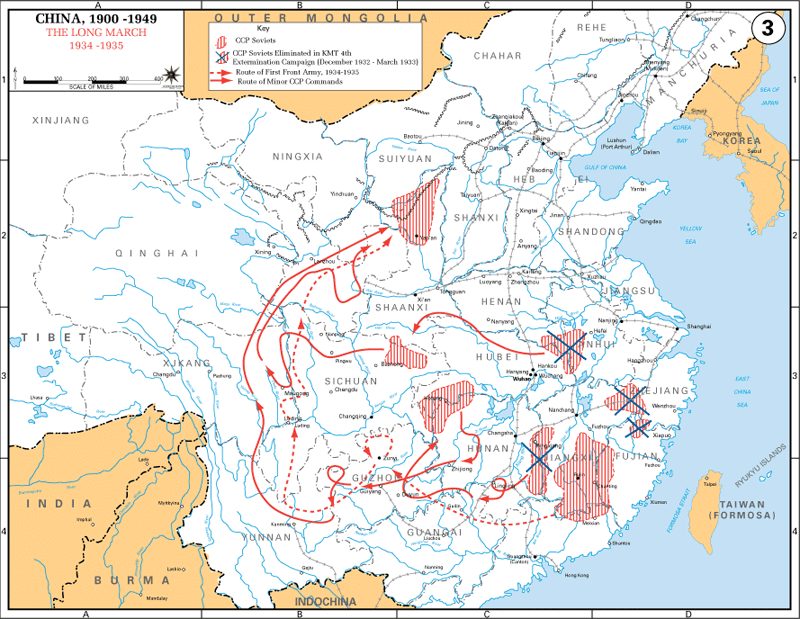
The Chinese Civil War was fought between the Kuomintang-led government of the Republic of China and forces of the Chinese Communist Party, continuing intermittently since
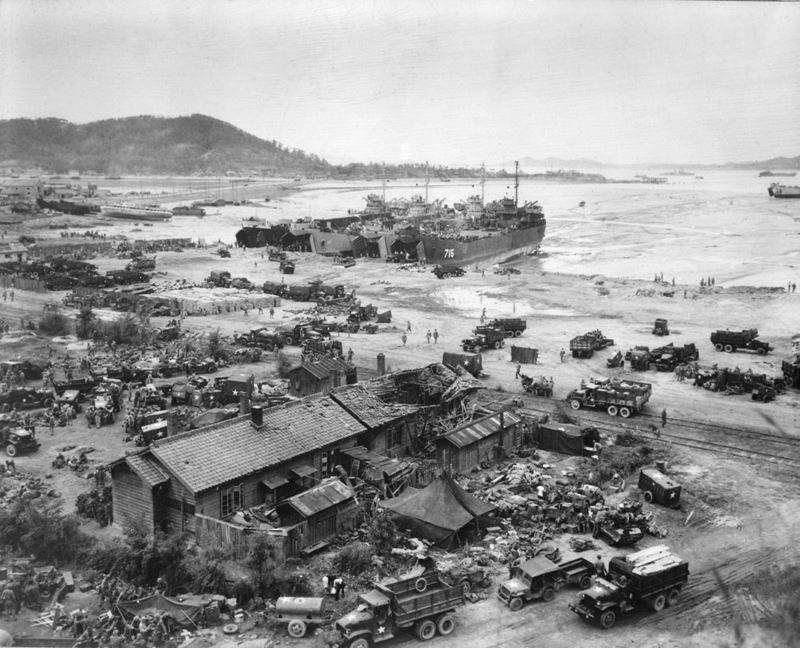
The Battle of Incheon (Korean: 인천상륙작전; Hanja: 仁川上陸作戰; RR: Incheon Sangnyuk Jakjeon), also spelled Battle of Inchon, was an amphibious invasion and a battle of
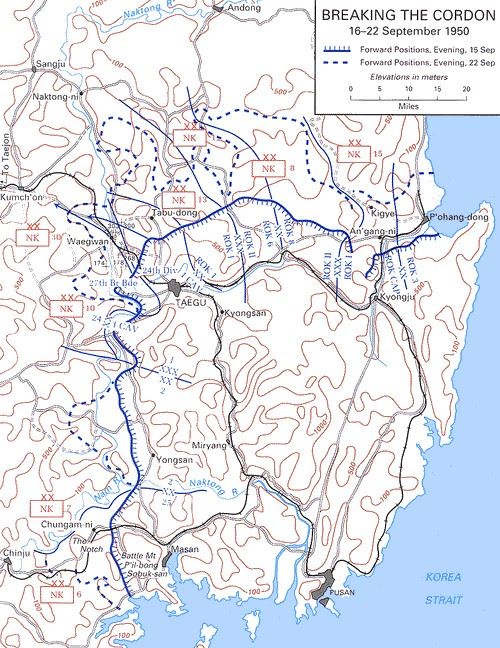
The Pusan Perimeter offensive was a large-scale offensive by United Nations Command (UN) forces against North Korean forces commencing on 16 September 1950. UN forces,
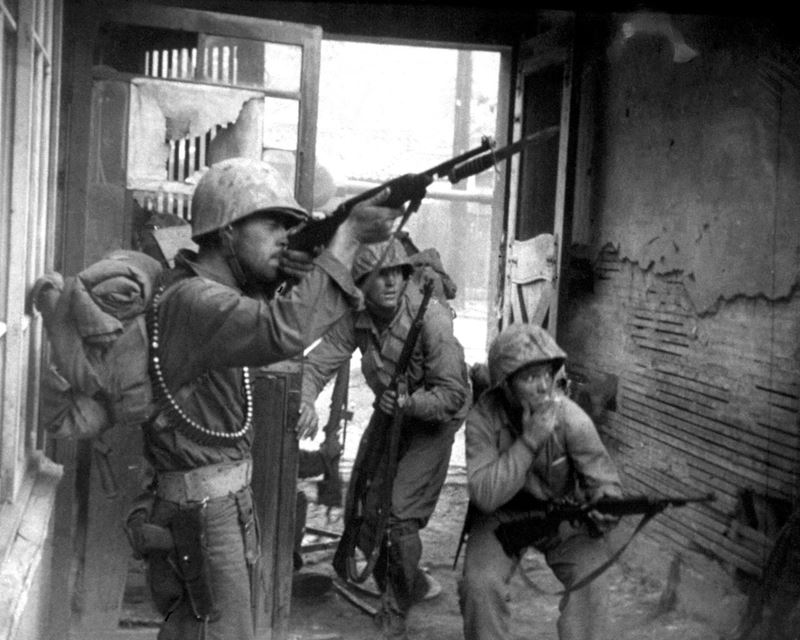
The X Corps entered Seoul the morning of September 25th. By mid-afternoon, elements of the 7th Infantry Division crossed the Han River and captured Namsan
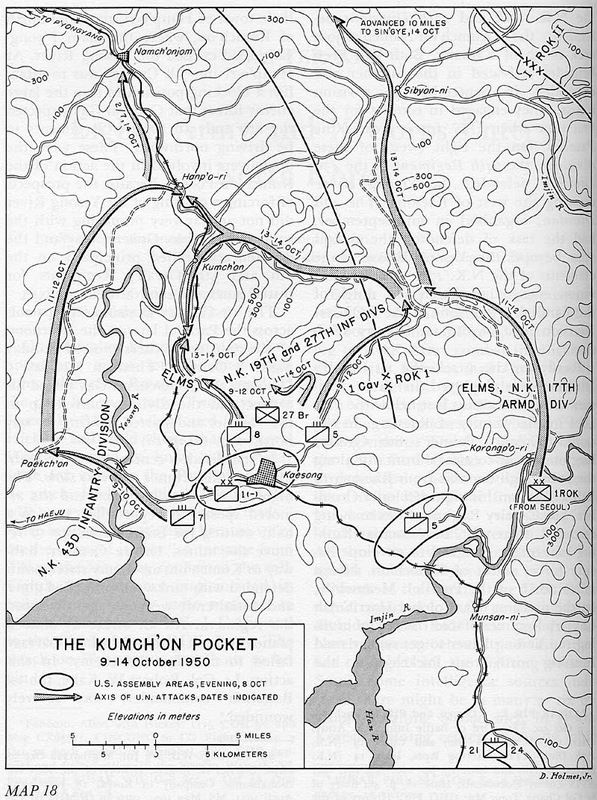
The UN offensive into North Korea was a large-scale offensive in late 1950 by United Nations (UN) forces against North Korean forces. On 27 September
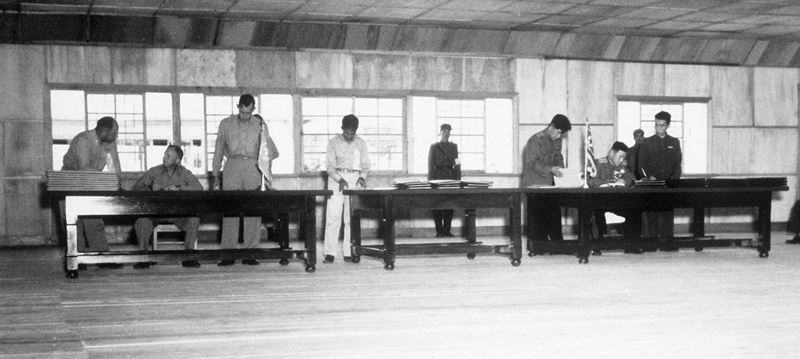
The Korean Armistice Agreement is an armistice that brought about a complete cessation of hostilities of the Korean War. It was signed by United States